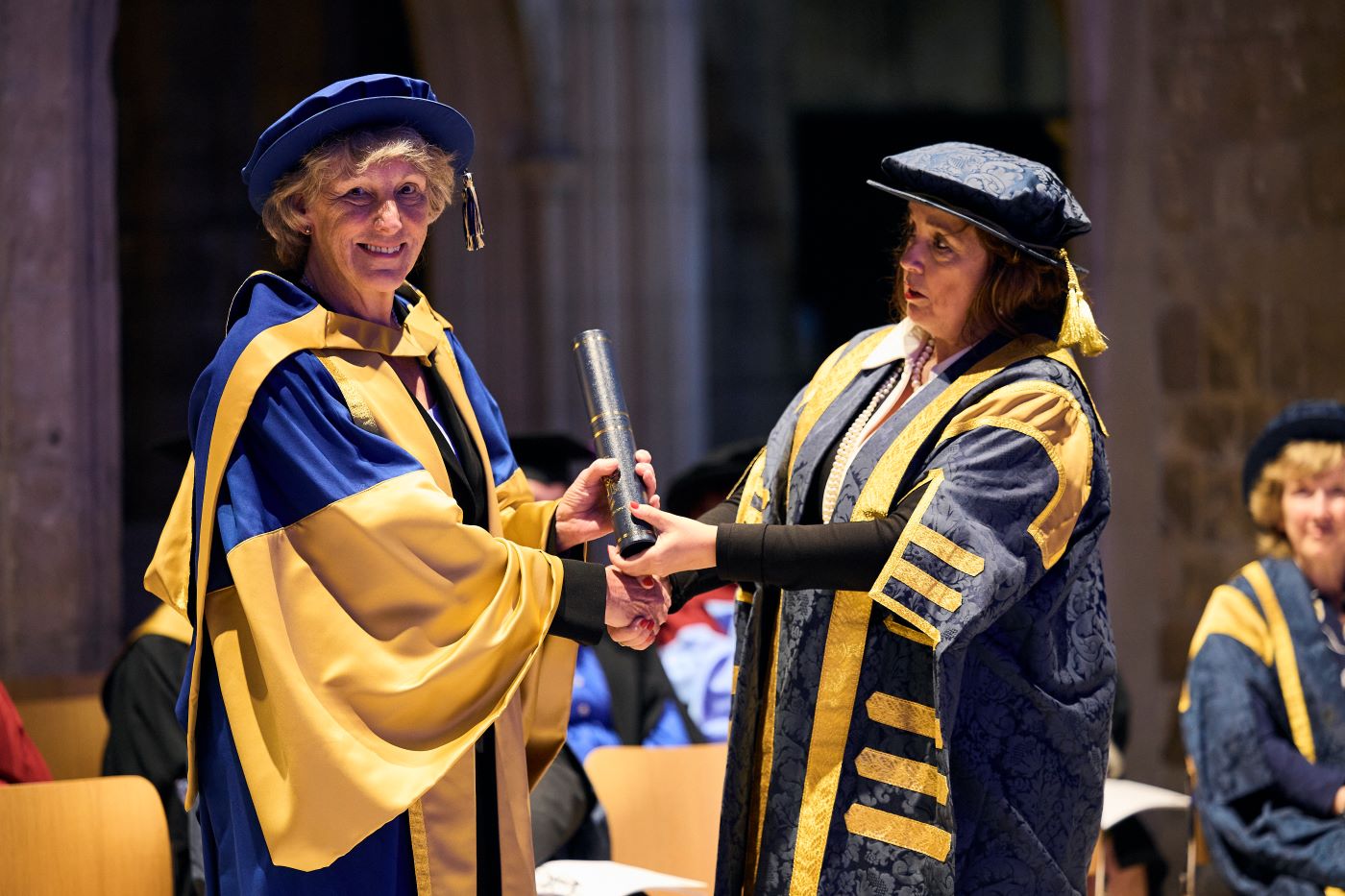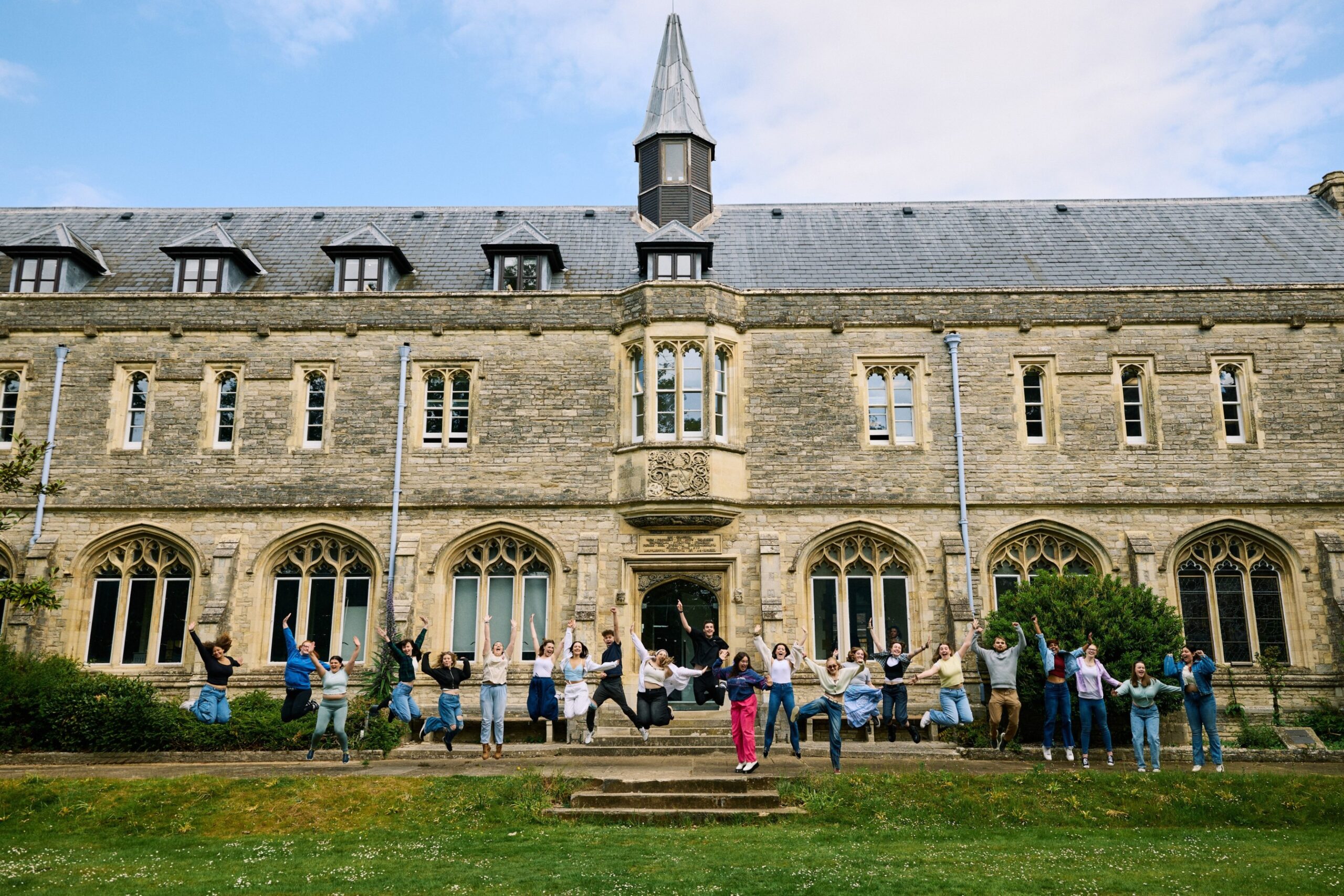Dementia and bereavement addressed at University of Chichester conference
DEATH of a loved one is a traumatic event – but it can be devastating, confusing, and life-changing for those with dementia, experts at a recent conference have revealed.
A seminar on dementia and bereavement, organised by the University of Chichester, was attended by leading practitioners and academics on how the care industry should best support people with the disease who are facing death.
Among those was keynote speaker Gayle Henry, a dementia specialist from the University of Sterling (pictured above), whose research explores death and grief in care-home and palliative care settings across Scotland and Australia.
She said: “The death of someone we know and love is one of the worst experiences – but grief in the field of dementia research is mostly focused on care-givers. People living with dementia still face grief but they may not be able to grieve, which is one of the challenges of their condition.
“Death is difficult to deal with at any time, but particularly when those with dementia may not understand the concept of death. There isn’t enough research about bereavement and people with the illness.”
The University of Chichester conference, supported by West Sussex charity St Wilfrid’s Hospice, aimed to create information and networking opportunities for those working with people with dementia.
It included a number of specialist workshops covering spirituality, story-massage and namaste care (below), and presentations from speakers, one of which was Nancy Preston: a professor of supportive and palliative care at the international observatory on end-of-life care at Lancaster University.
The event was organised by Marie Price, below, a senior lecturer from the University of Chichester’s department of childhood, social work, and social care.
She said: “The effect of trauma from experiences such as bereavement can be heightened in those with dementia. Add to that potential communication and behavioural challenges, and it is plain to see that people with dementia need specialist and compassionate support when they are faced with death or bereavement.
“I heard from various people about the difference the conference made and the connections they created – it’s great to see it’s already having far-reaching effects. This included interest from London Metropolitan University, which will lead to some collaborative work between our two universities.”
For more about the conference and other continual professional development opportunities with the University of Chichester’s department of childhood, social work, and social care go to www.chi.ac.uk/socialwork.





